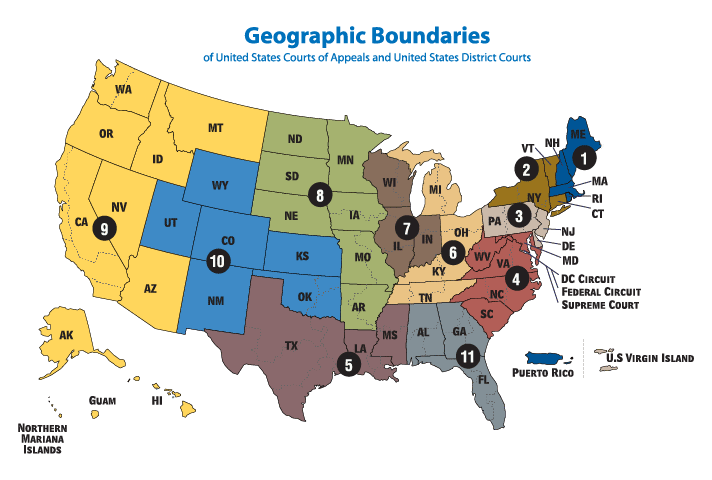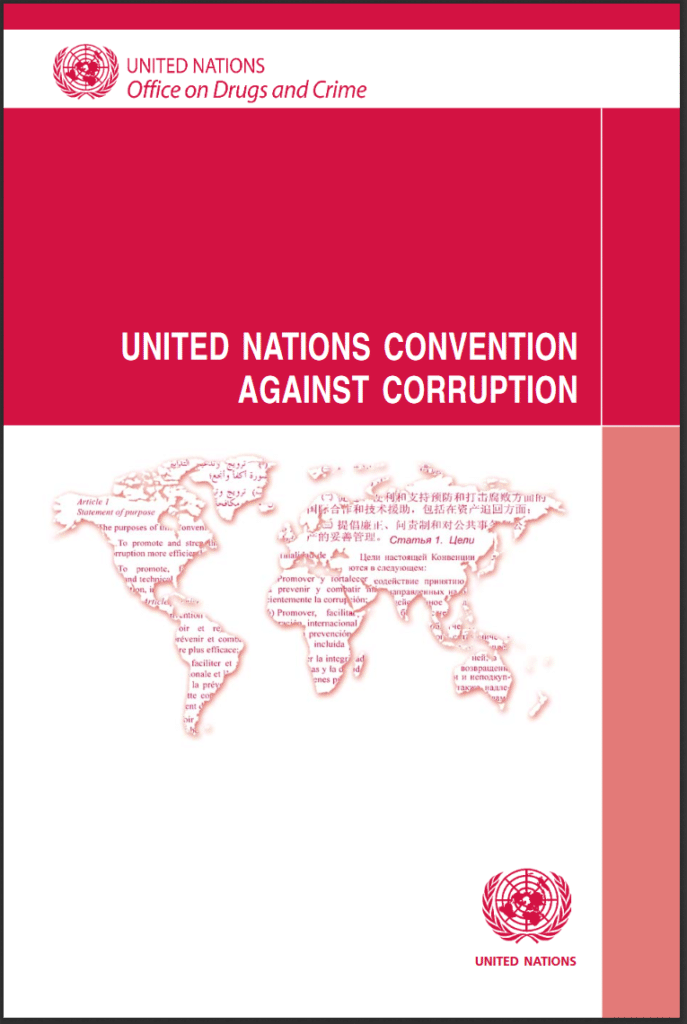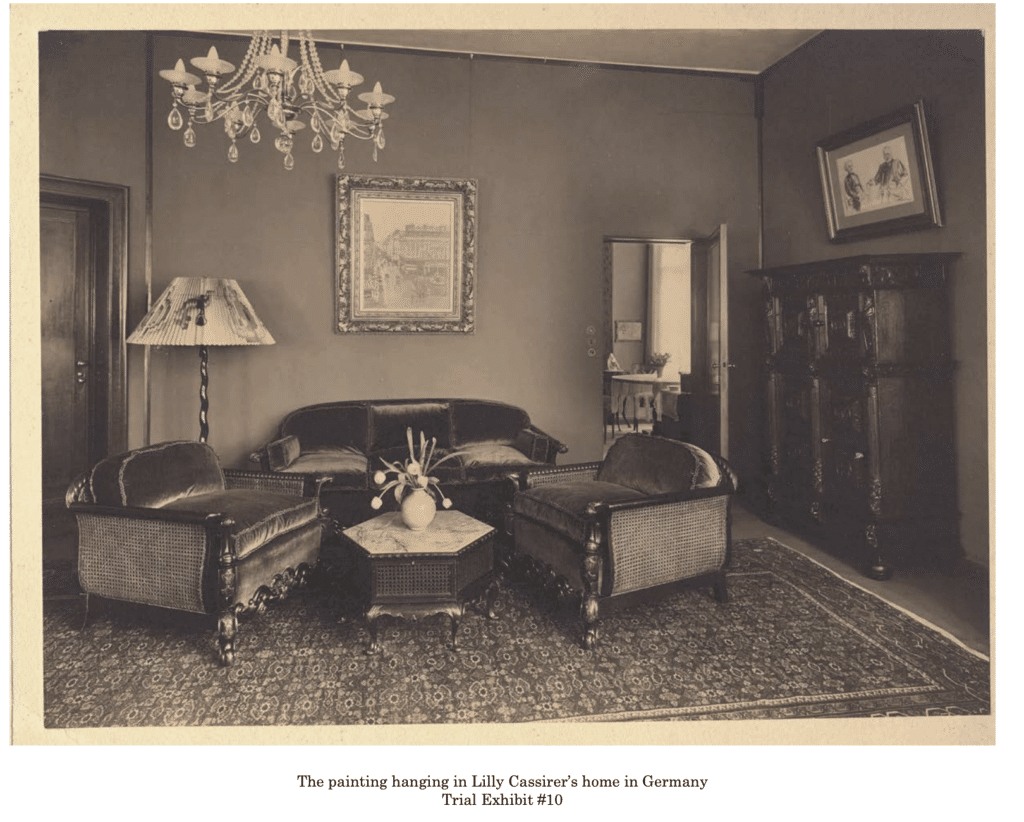When the U.S. Sues Foreign Manufacturers
What if Robert Nicastro had been the U.S. Government? After J. McIntyre Machinery, Ltd. v. Nicastro, U.S. citizens harmed by products manufactured by foreign companies may not be able to sue in U.S. courts for lack of personal jurisdiction. In United States v. Aquatherm GmBH, a foreign manufacturer had similarly structured its sales into the…
Continue ReadingThrowback Thursday: The Legacy of Paxton Blair
Paxton Blair, a New York attorney practicing in the 1920s, has influenced American law to an extent most law professors can only dream of. His 1929 Columbia Law Review article, The Doctrine of Forum Non Conveniens in Anglo-American Law, introduced the term “forum non conveniens” to the United States. (As he noted, only a few…
Continue ReadingHow Do Federal Courts Treat Foreign Parallel Litigation?
The Supreme Court has not explained how federal judges should evaluate parallel litigation in foreign courts. If the same parties are litigating the same issues before a foreign tribunal, should the federal court stay its hand? Or should it proceed until one or the other of the cases results in a judgment? The traditional European…
Continue ReadingForeign Defendants and the Future of Personal Jurisdiction
The Supreme Court recently granted certiorari in yet another personal jurisdiction case (the eighth such case in just over ten years). Mallory v. Norfolk Southern Rwy. Co. has no transnational facts, but it is highly relevant for the future of transnational litigation in U.S. courts. Corporate registration statutes, like the one being challenged in Mallory,…
Continue ReadingU.S. Courts Gut Key Provision of U.N. Convention Against Corruption
In March, both the Sixth and the Seventh Circuits affirmed forum non conveniens dismissals of suits brought by Instituto Mexicano del Seguro Social (IMSS), Mexico’s main social service agency, against U.S. corporations for their alleged bribery of Mexican government officials. IMSS had argued that the U.N. Convention Against Corruption (UNCAC) guarantees it the option of…
Continue ReadingThrowback Thursday: Ralf Michaels on Empagran’s Empire
Ralf Michaels’ brief book chapter on F. Hoffman-La Roche Ltd. v. Empagran S.A. fundamentally changed my understanding of that case—as well as my understanding of the Supreme Court’s recent approach to transnational cases more generally. Empagran seems like a sleeper of a case, a short opinion about yet another transnational antitrust class action. But from…
Continue ReadingState Doctrines of Forum Non Conveniens: Beyond Gulf Oil
State courts have their own doctrines for addressing transnational litigation, including their own doctrines of forum non conveniens (FNC). While a majority of states today apply a version of FNC like that of the federal courts, we found that 17 states—fully one third—depart from the Gulf Oil framework in one or more ways.
Continue ReadingSupreme Court decides Cassirer v. Thyssen-Bornemisza Collection Foundation
The Supreme Court today unanimously held in Cassirer v. Thyssen-Bornemisza Collection Foundation that state choice-of-law rules apply in cases brought against foreign sovereigns alleging non-federal claims.
Continue ReadingThrowback Thursday: Mason v. The Blaireau
Admiralty has always been a site of transnational litigation in the United States. From the earliest years of the Republic, the admiralty courts heard disputes brought by foreigners against foreigners over incidents that occurred outside the United States—cases that today might be derided as “foreign-cubed.” These “foreign-cubed” admiralty decisions are worth a fresh look because…
Continue ReadingCan Defendants Be Sued at Home? Forum Non Conveniens, Expendable Lives, and the Legacy of Gore v. U.S. Steel Corp.
Many were shocked last month when court documents revealed that Johnson & Johnson tested the safety of its talc powder in the 1960s by injecting asbestos into mostly Black inmates at Philadelphia’s Holmesburg prison. The use of Holmesburg inmates for medical studies was already well-documented, echoing the U.S. Government’s syphilis studies in hundreds of Black…
Continue Reading





